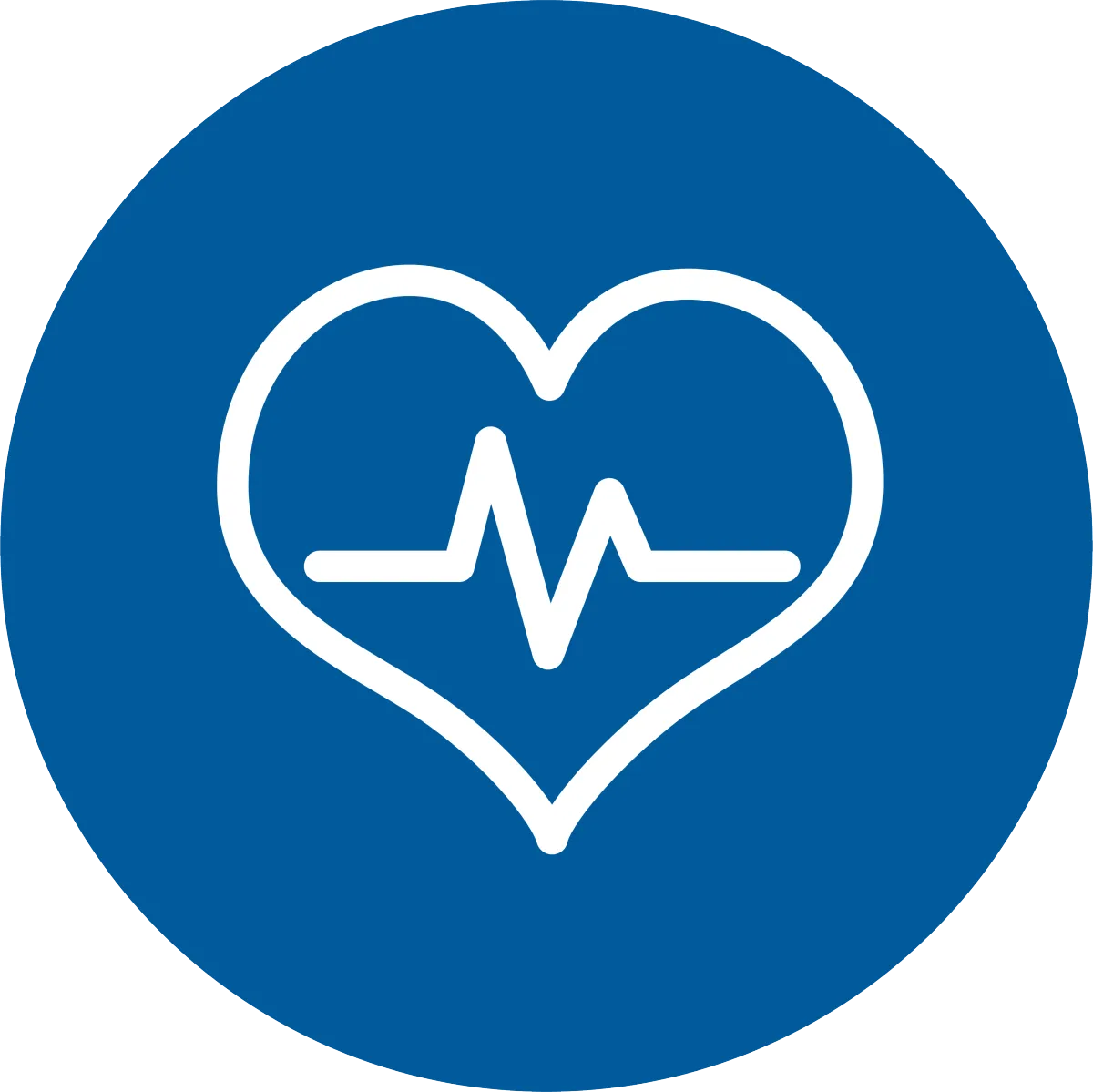
(843) 773-5172
Do you think you may be experiencing Hearing Loss?
Hearing loss generally occurs if sound vibrations don’t reach parts of the ear or the brain fails to interpret auditory signals. When left untreated, it can impact your emotional well-being, self-image, learning skills, and general quality of life.

Hearing loss affects more than the individual, but the people around them, too. Family members, friends, neighbors, coworkers – most who experience hearing loss don’t recognize its impact on others.
It's more common than you think:
31.5 million Americans, about 10%, experience hearing loss.
Hearing loss is not just a condition of the old, as many audiologists and hearing professionals share that they see more and more young patients each year.
Of the 24 million hearing-impaired Americans who can benefit from hearing aids, only a fourth of them choose to wear one.
Causes of Hearing Loss

Aging
As you age, it’s normal for your inner ear’s delicate structures to degenerate or become damaged over time. Since certain parts of the ear do not regrow or regenerate, any hearing loss that stems from this damage is permanent.

Noise Exposure
The National Institute on Deafness and Communication Disorders reports that about 20 million Americans regularly expose themselves to dangerously noisy environments. Whether you work construction or attend many concerts, you become more at risk of hearing loss the more stress you put on your ears.

Genetics
It’s almost impossible to exactly predict how genetics will affect children. However, many studies suggest that some forms of hearing loss can be passed down through generations or caused by genetic mutations. The symptoms may be present at birth, or they might manifest later in life.

Illness
Some diseases can cause hearing loss, especially when contracted by an infant or child and left untreated. A few examples include mumps, meningitis, chickenpox, cytomegalovirus, and severe cases of jaundice.
Types of Hearing Loss
Conductive
You often get conductive hearing loss when there is a problem – usually a blockage – with the middle ear. Fluid buildup, earwax, and other obstructions can stop sound waves from reaching the inner parts of the auditory system, causing hearing loss. Tumors and abnormal bone growths may also cause conductive hearing loss.
This condition is one of the easiest to treat, where removing the blockage through surgical means can restore normal hearing.
Sensorineural
Sensorineural hearing loss refers to the nerves in your inner hair. When these nerves – or hair cells – become damaged, your brain won’t have as many electrical impulses to interpret into sound.
This form of hearing loss is permanent (and one of the most common), but many cases are treatable through hearing aids.
Mixed
Some people experience a mix of both conductive and sensorineural hearing loss. Their conductive condition is often curable, while the sensorineural aspect of their hearing loss may require other treatments.
Make Your Appointment Today
There are many options to treating hearing loss, which means there are several things to consider, discover what has allowed Beltone to become the most trusted name in hearing.
or call: (843) 773-5172

@ Copyright 2022, Beltone Coastal